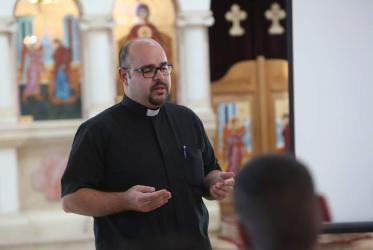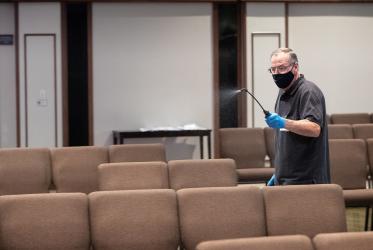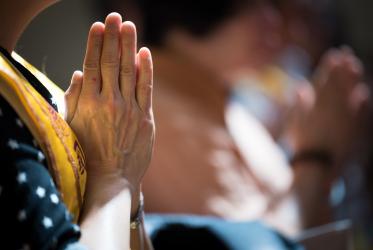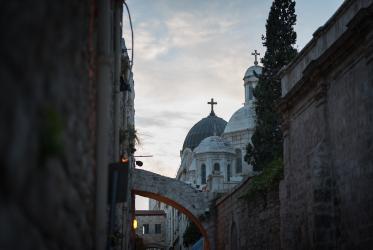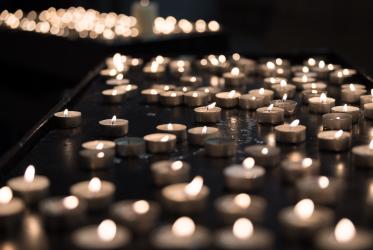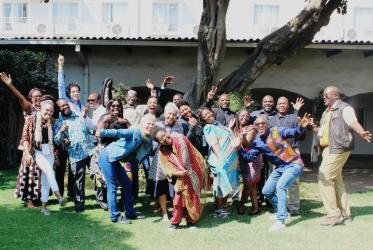Displaying 61 - 80 of 283
25 November 2020
“Olive trees are holy signs of peace, older than anyone”
22 October 2020
Bible study addresses church identity in pandemic
17 September 2020
Freedom of religion rooted in justice
06 March 2020
Webinar on Middle East racism: “Never lose hope”
28 November 2019
Anders Göranzon: “I don't want to contribute to this inequality”
31 October 2019
African religious leaders express new concerns over South Sudan peace
19 September 2019

